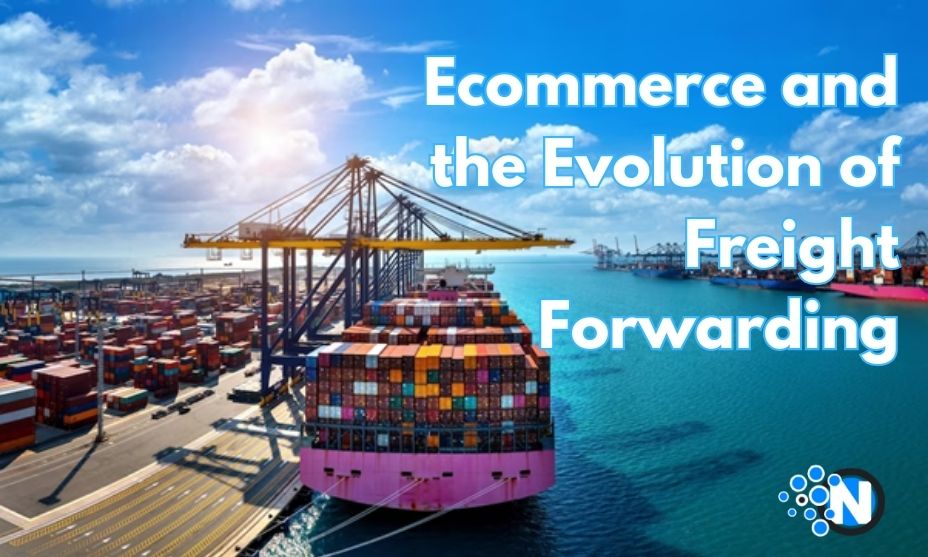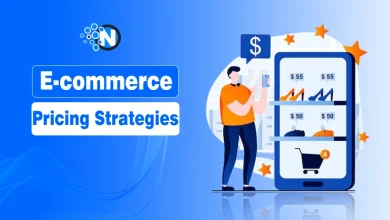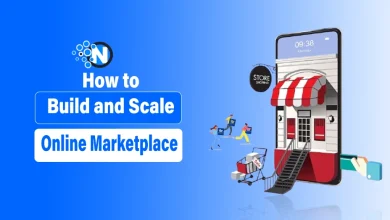Ecommerce and the Evolution of Freight Forwarding

In the past decade, we’ve witnessed a monumental transformation in the retail sector. The introduction of eCommerce platforms has not just dramatically altered our shopping habits, leading to a significant increase in online purchases. Current projections indicate that nearly 21% of all retail transactions this year will be conducted online. This trend shows no signs of slowing down either, with the global eCommerce market anticipated to reach an astounding $8.1 trillion by 2026.
This relentless progression has reshaped the retail industry and deeply influenced the logistics and supply chain sector. Consequently, the need for efficient and dependable freight forwarding services is at an all-time high, and these crucial services have had to adapt in response to this evolving landscape by going digital.
The Impact of eCommerce on Consumer Expectations
Today’s consumers demand speed, transparency, and flexibility in their deliveries. They want to be able to track their packages in real time, expect fast delivery times, and require flexible delivery options. Most of these expectations would have been laughed out of the door just a few years back, but thanks to eCommerce juggernauts like Amazon, it’s safe to say digital retail customers have quickly become accustomed to these privileges.
As you might expect, this has put immense pressure on retailers and their logistics partners to step up to the plate. For this reason, traditional freight forwarding methods, which often involve complex and opaque processes, are no longer sufficient. To meet these rising consumer expectations, the freight forwarding industry has had to evolve by embracing technology and innovation to meet the modern consumer’s demands.
Digitally Transforming Freight Forwarding to Meet Modern Needs
Freight forwarding has evolved significantly from its traditional, paper-intensive processes. The industry has now embraced digital transformation, evolving into an efficient, transparent, and customer-centric service.
Modern freight forwarders are more than just intermediaries between shippers and transportation services. They are logistics experts, supply chain strategists, and technology innovators. They leverage advanced technologies to streamline processes, optimize routes, and manage complex logistics networks. With data analytics, they can predict trends, manage risks, and make informed decisions. They also offer strategic advice to businesses, helping them navigate the complexities of global trade.
Digital freight forwarders lead this evolution by offering online platforms where shippers can easily book, manage, and track their shipments. These platforms feature real-time tracking, automated documentation, customs clearance, and integrated communication tools, providing a seamless, end-to-end freight forwarding experience.
How Online Freight Forwarding Complements the Expansion of eCommerce
To keep pace with the rapid growth of the eCommerce sector, online freight forwarding has emerged as a necessity, meeting the modern consumer’s trifecta of demands: speed, transparency, and flexibility.
- Speed: Nothing defines eCommerce quite like the need for speed. In a world where consumers crave instant gratification, even a minor delay in delivery can translate into a major business disaster. Enter online freight forwarding. Utilizing cutting-edge tech and automation cuts through the traditional red tape, accelerating shipping processes from booking to customs clearance. eCommerce businesses thrive on this level of efficiency, keeping them ahead of consumer expectations and relevant in the competitive market.
- Transparency: Online freight forwarding takes advantage of its digital roots to provide a level of transparency previously unseen. Real-time access to shipping information, including the current location, estimated arrival, and potential hitches, keeps businesses in control of their supply chain while meeting the customer’s craving for visibility.
- Flexibility: As diverse as the eCommerce businesses it caters to, online freight forwarding flexes its services to meet every need. From door-to-door delivery to express shipping, from small parcels to oversized freight, these digital forwarders adapt to meet every eCommerce requirement.

Adapting to Challenges and Prioritizing Sustainability
The journey of online freight forwarding, similar to eCommerce, hasn’t been without its hurdles. Global crises like the COVID-19 pandemic have disrupted shipping processes, leading to delivery delays. However, the digital nature of these services has allowed them to adapt swiftly, using technology and data to anticipate bottlenecks, manage risks, and devise contingency plans.
Moreover, the industry has taken steps toward sustainability. Advanced route optimization techniques reduce fuel consumption and CO2 emissions. Digital documentation eliminates unnecessary paper use, leading to eco-friendly supply chain processes.
Empowering Small Businesses
One of the key features of the eCommerce boom is the rise of small businesses. Online freight forwarding has the ability to democratize access to international markets for these companies. By simplifying logistics and supply chain processes, they can help small businesses compete globally, fostering healthy competition and stimulating economic growth.
Blockchain and AI in Freight Forwarding
The potential for further transformation in freight forwarding is immense. Technologies such as blockchain and AI offer promising prospects. Blockchain can introduce unparalleled transparency and security to the supply chain, while AI can enable predictive analytics, improving efficiency and decision-making. The continuous integration of these technologies will further cement online freight forwarding’s critical role in the eCommerce ecosystem.
Wrapping Up
The evolution of freight forwarding in response to the rapid growth of eCommerce is a testament to the power of innovation. Modern consumers’ requirement for speed, transparency, and flexibility has ushered in a new era of freight forwarding – one that’s digital, efficient, and customer-centric.
As we progress further into the digital age, the role of online freight forwarding in sustaining and propelling eCommerce growth will become increasingly paramount. With its capacity for adaptability, resilience, and innovation, the industry promises a future of seamless global trade.




